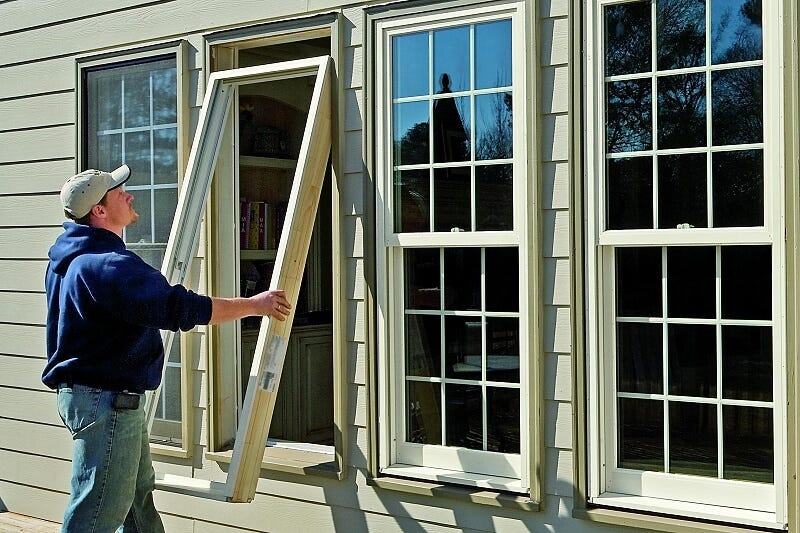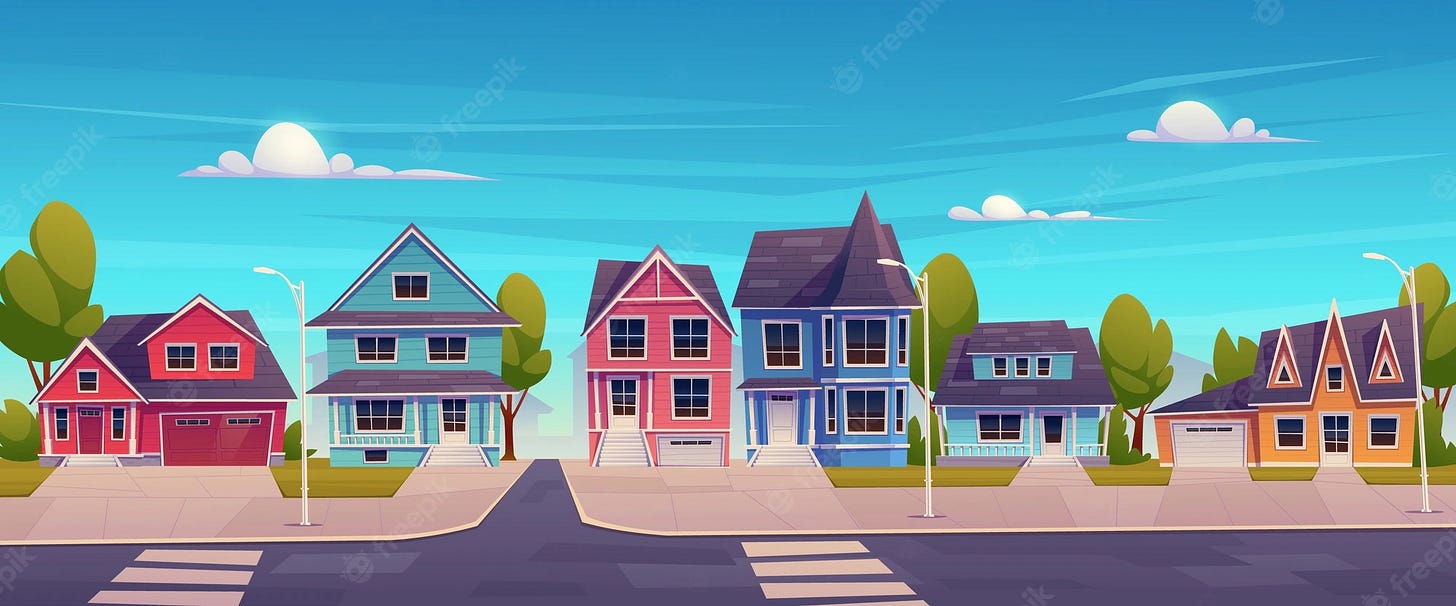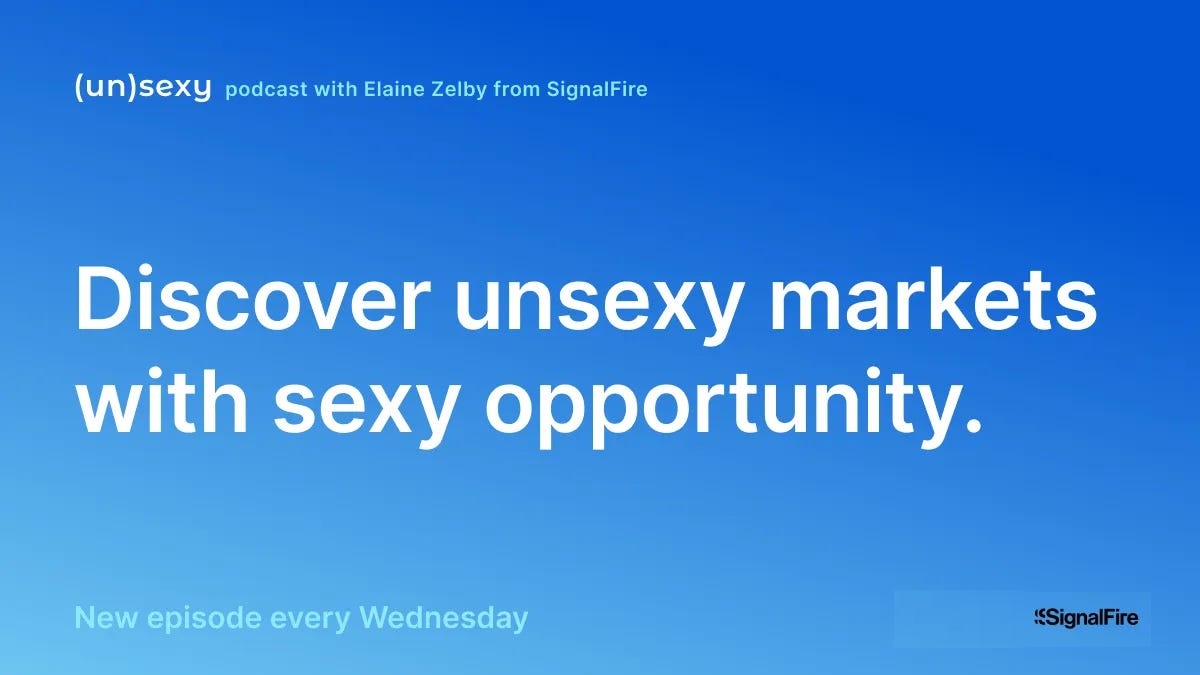Happy Sunday and a very warm welcome to all the new subscribers! I’m thrilled and honored to have you as readers and truly appreciate your thoughts and feedback 🙏. Each edition of 3 Things will contain a dive into 3 rabbit holes I’ve found myself going down recently and associated business opportunities. Subscribe to get each week’s edition straight to your inbox and if you enjoy it, please share (I suck at self-promotion so can use your help)! This past week I’ve been thinking a lot about:
ChatGPT for Astrology
Made Renovation for Windows
Nextdoor that Doesn’t Suck
1. ChatGPT for Astrology
It still blows my mind that nearly 40% of all adults under 30 (and 25% of the overall US population) believe in astrology and use their horoscope, an astrological chart that uses the positions of the sun, moon, and planets at the time of their birth, to help explain world events and personal insights into their own lives. The practice of astrology dates all the way back to ancient Mesopotamia in the 3rd millennium BC. It then spread to India and eventually Greece where the western version gets its origins from the Hellenic period. The Greek tradition divides the heavens into 12 constellations and corresponding zodiac signs. The Chinese also practice astrology where it’s commonplace to have horoscopes read for the birth of a child or for major events in life. In both Eastern and Western cultures, people have used astrology to help understand one’s place in the world, and now in the age of social media and influencers, astrology is seeing a huge resurgence in popularity and replacing some roles that religion used to play in people’s lives.
In 2016-18, a bunch of Indian startups popped up capitalizing on this trend like Astrotalk, Taaraka, Cosmic Insight, and Askmonk. US-based apps like Co-Star and Sanctuary raised millions from top VCs during the pandemic to provide personalized astrology guides to Millennials and GenZ who are searching for answers. Taking this one step further, I think you could use the new ChatGPT model from OpenAI (which is truly mind-blowing in the types of responses it can provide across seemingly any domain) and astrologically-tune it to not only provide much better personalized daily horoscopes, but chat functionality that allows for user inputs which returns quality astrological guidance and conversation. You could have have AI-driven tarot card readings where it prompts you with questions and provides you custom readings based off of the answers. Making it social and easy to share could create virality and I could see this being an incredibly sticky product as horoscopes are by nature a daily behavior.
2. Made Renovation for Windows
Doing any kind of home renovation project is a major pain. You’re often dealing with old-school small business contractors, designers, plumbers, electricians, painters, and many more vendors. It always ends up being more expensive and slower than expected, plus there tends to be a ton of errors and issues that need to be fixed after the work is supposed to be completed. Over the last few years, there have been a bunch of companies like Block, Made, Eano, etc that have added technology to single room renovations - mostly focused on kitchen and bathroom. Made Renovation came out of extensive research into consumer opportunities through Roger Dickey’s studio Untitled Labs and is focused on tech-enabled bathroom renovations. They are laser focused on providing consumers with an affordable, fast, and quality job when they are looking to remodel a bathroom.
Made uses technology to create bathroom “templates” and to build models and price estimates for each project, and then aggregates general contracts who they give the work to. Another area that I think this model could be applied is windows. In many cities (Bay Area included) where many homes were built 50-100 years ago, the windows are beautiful but very old and extremely energy-inefficient. As global warming causes more massive temperature fluctuations both on the hot and cold fronts, people will be looking for ways to improve the heat efficiency of their house, and windows are often a big driver. The problem is, windows are pretty much all custom! And, custom typically equals expensive and challenging when it comes to remodels. Windows cost an average of $500-1000 each and then involve a ton of manual labor so the cost to replace windows can get very steep. A tech-enabled services company could use technology to scope the project, determine the right type, size, and design of windows, procure the materials and then aggregate local service professionals who do window installation to finish the job. You could focus on areas with older houses and which are experiencing more massive weather changes and can easily generate awareness and leads through physical mailers.
3. Nextdoor That Doesn’t Suck
Many years ago, I downloaded Nextdoor when I moved into a new neighborhood. I uninstalled it approximated 15 minutes later as I found it to be pretty toxic. Nextdoor was founded in 2008 in San Francisco and launched in 2011 as an app for private social networks within hyper-local neighborhoods. The company provides an app where verified members of a neighborhood can connect with each other for free and monetizes via sponsored posts, fees from local deals/advertisements, and display ads shown within the app. As of 2021, the company did around $200m in revenue and has 36 million weekly active users (which is about 10% of the US population)! They went public via SPAC in November 2021 under the ticker KIND and it’s currently trading at $2 which is ~20% of it’s listing price.
The idea behind Nextdoor is truly a great one; digitally connect your neighborhood for all kinds of things like asking questions, getting to know your neighbors, and sharing local advice and recommendations. The problem is that it pretty quickly turned into a place for people to just complain — often in a nasty, sometimes racist, and just overall unhelpful way. What was designed to make people feel safe, included, and connected has pretty much done the opposite. Today, people go to Facebook groups, WhatsApp chats, or other offline communities when they are looking for most of this stuff. We just moved (again 🤪) and I would absolutely love a way to meet my neighbors, find out which families have young kids, ask for babysitter recommendations, give away a bunch of stuff that we’d like to get rid of, and ask other community-related questions. I think starting now and knowing where an app like this tends to head, you could use a combination of technology and human moderators to ensure that the groups stay positive and helpful. Selling into local government is never a fun endeavor so I think going DTC is still the best path here and monetizing via ads, promoted services, and similar mechanisms makes the most sense. The good news is that things like this tend to spread like wildfire and there is already precedence, so I think if you build something significantly better than Nextdoor, people will use it.
That’s all for today and I’ll be taking a break for the holidays so see you back in a few weeks! If you have thoughts, comments, or want to get in touch, find me on Twitter at @ezelby and if you enjoyed this, please subscribe and share with a friend or two!
~ Elaine
New podcast!
From scrap metal to timber, estate planning to freight pooling, the new (un)sexy podcast is a meandering exploration of just how sexy unsexy industries can be.
Join us weekly as we uncover stories of niche and esoteric markets, understanding their history and looking at the future through the eyes of the pioneering entrepreneurs willing to bring technology and exponential improvements to these often overlooked spaces.
Listen now on Spotify, Apple, Google, or wherever you listen to podcasts.







Great ideas! I'm sure we will see your ideas come to fruition in the near future.